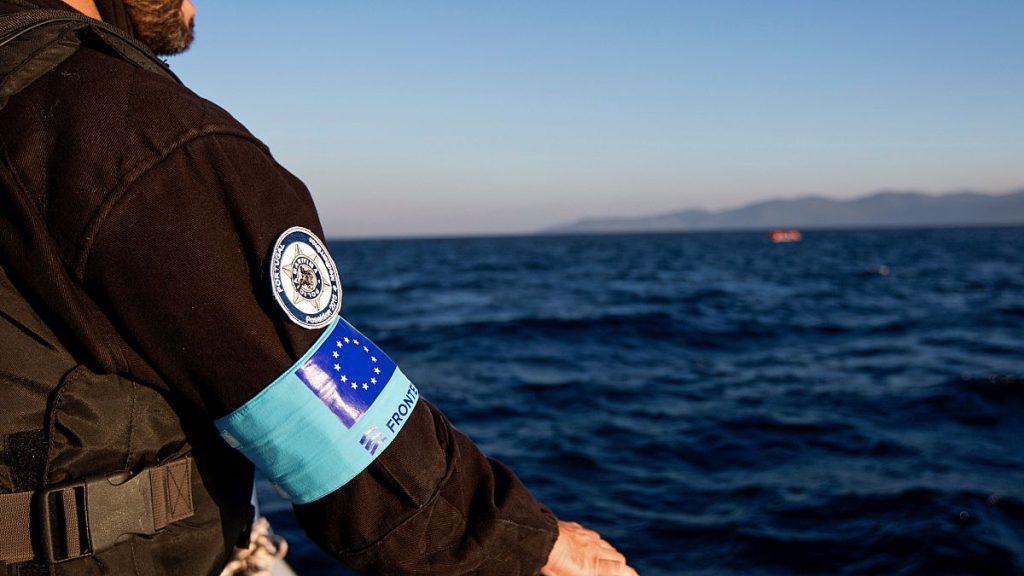This landmark case brought before the Grand Chamber of the EU Court of Justice challenges the European Border and Coast Guard Agency, Frontex, on its accountability for alleged human rights violations and illegal pushbacks. A Syrian family, with the support of human rights lawyers and organizations like the Dutch Council for Refugees, alleges that Frontex was complicit in their illegal deportation from Greece to Turkey in 2016, just days after registering their asylum application. The crux of the case rests on whether Frontex can be held directly responsible for breaches of fundamental rights occurring during border operations. The outcome carries significant weight, potentially reshaping Frontex’s operational framework and its role in upholding human rights at the EU’s external borders.
The Syrian family’s ordeal began with their arrival in Greece in 2016, seeking asylum. Their hopes were swiftly dashed when, just eleven days later, they were forcibly returned to Turkey by Greek authorities, assisted by Frontex. Their lawyers argue this constituted an illegal pushback, a practice that denies individuals due process and the fundamental right to seek asylum. Adding to their distress, the parents were separated from their four young children during the flight, with Frontex personnel present. Upon arrival in Turkey, the family faced immediate detention, further compounding the trauma of their forced removal. Fearing repatriation to war-torn Syria, they subsequently fled to northern Iraq. The family’s legal challenge, initiated in 2021, asserts violations of the principle of non-refoulment, the right to seek asylum, and children’s rights.
The case scrutinizes Frontex’s responsibility for monitoring and reporting human rights violations. The plaintiffs argue that Frontex not only failed to prevent the illegal pushback but was actively involved in it. A ruling against Frontex could compel the agency to significantly enhance its oversight of fundamental rights during border operations. Even if the court does not find Frontex directly liable, the case could still weaken the argument that the agency’s presence guarantees human rights monitoring, potentially prompting a reassessment of its role. This legal challenge comes amidst mounting criticism of widespread pushbacks at EU borders, highlighting the urgency of addressing accountability for these practices.
The legal challenge brought by the Syrian family emphasizes the broader question of whether EU institutions, including Frontex, can be held accountable for human rights violations. The family’s legal team contends that Frontex’s actions contradict its mandated role of safeguarding human rights at the EU’s external borders. They seek acknowledgment that Frontex acted unlawfully, failing to protect their fundamental rights. The case is viewed as a test of the EU’s commitment to justice and human rights principles. The decision by the Grand Chamber to hear the case signals a willingness to examine Frontex’s role and potential accountability in these contentious practices.
Frontex maintains that the primary responsibility for upholding fundamental rights during border operations rests with member states. While acknowledging the ongoing legal proceedings, a Frontex spokesperson emphasized that the agency has implemented various safeguards, including fundamental rights monitors on return flights, a complaints mechanism, and incident reporting procedures. Frontex asserts that it requires member states to confirm that individuals subject to return have received due process, including the opportunity to seek international protection. Moreover, Frontex emphasizes its close collaboration with the Fundamental Rights Office to address potential violations.
The case holds far-reaching implications, not just for Frontex but for the wider EU framework for managing migration and asylum. A ruling against Frontex could compel a significant overhaul of its operational procedures, placing greater emphasis on human rights compliance and accountability. It could also influence the practices of other EU institutions involved in border management. The outcome of this case will undoubtedly shape the future of border control in the EU and serve as a crucial precedent for addressing alleged human rights violations in the context of migration management. The court’s decision is eagerly awaited, as it will send a powerful message about the EU’s commitment to upholding fundamental rights at its borders.














